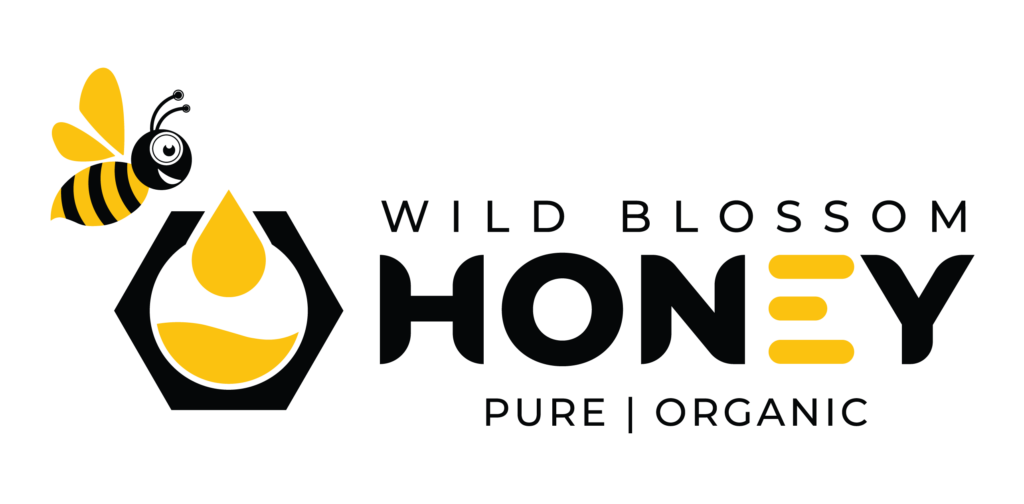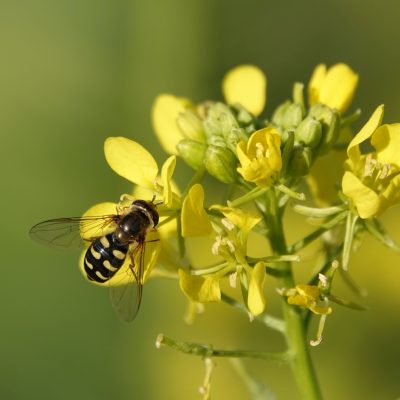Inhibitory effect of selected Indian honey on colon cancer cell growth by inducing apoptosis and targeting the β-catenin/Wnt pathway.
Colon cancer is the most prevalent cause of death from cancer across the globe. Although chemotherapy drugs are predominantly used, their toxicity always remains a cause of concern. As an alternative to syn- thetic drugs, natural compounds or nutraceuticals are comparatively less toxic. Honey is widely used across different cultures as an alternative form of medicine. It represents a prominent source of plant- phenolic compounds and there is demonstrable evidence of its anti-oxidant and anti-microbial activities. The aim of the present work was to investigate the anti-proliferative effect of some Indian honeys and analyze their mechanism of action in colon cancer. In order to establish the composition–activity relationship, we evaluated the bioactive components present in selected honey samples by GC-MS and HPLC analysis. Indian honey samples showed a significant inhibitory impact on cell growth by restricting cell proliferation, causing apoptosis, and restricting the cell cycle in the G2/M phase specifically for colon cancer cells. The apoptotic activities, as imparted by the honey samples, were established by Annexin V/PI staining, real-time PCR, and immunoblot analyses. The treated cells showed increased expressions of p53 and caspases 3, 8, and 9, thus indicating the involvement of both extrinsic and intrinsic apoptotic path- ways. The honey samples were also found to inhibit the β-catenin/Wnt pathway. In the next phase of the study, the efficacy of these honey samples was evaluated in colon carcinoma induced SD-rats. Overall, these findings demonstrated that selected Indian honeys could be established as effective nutraceuticals for the prevention as well as cure of colon cancer.
Read More……



